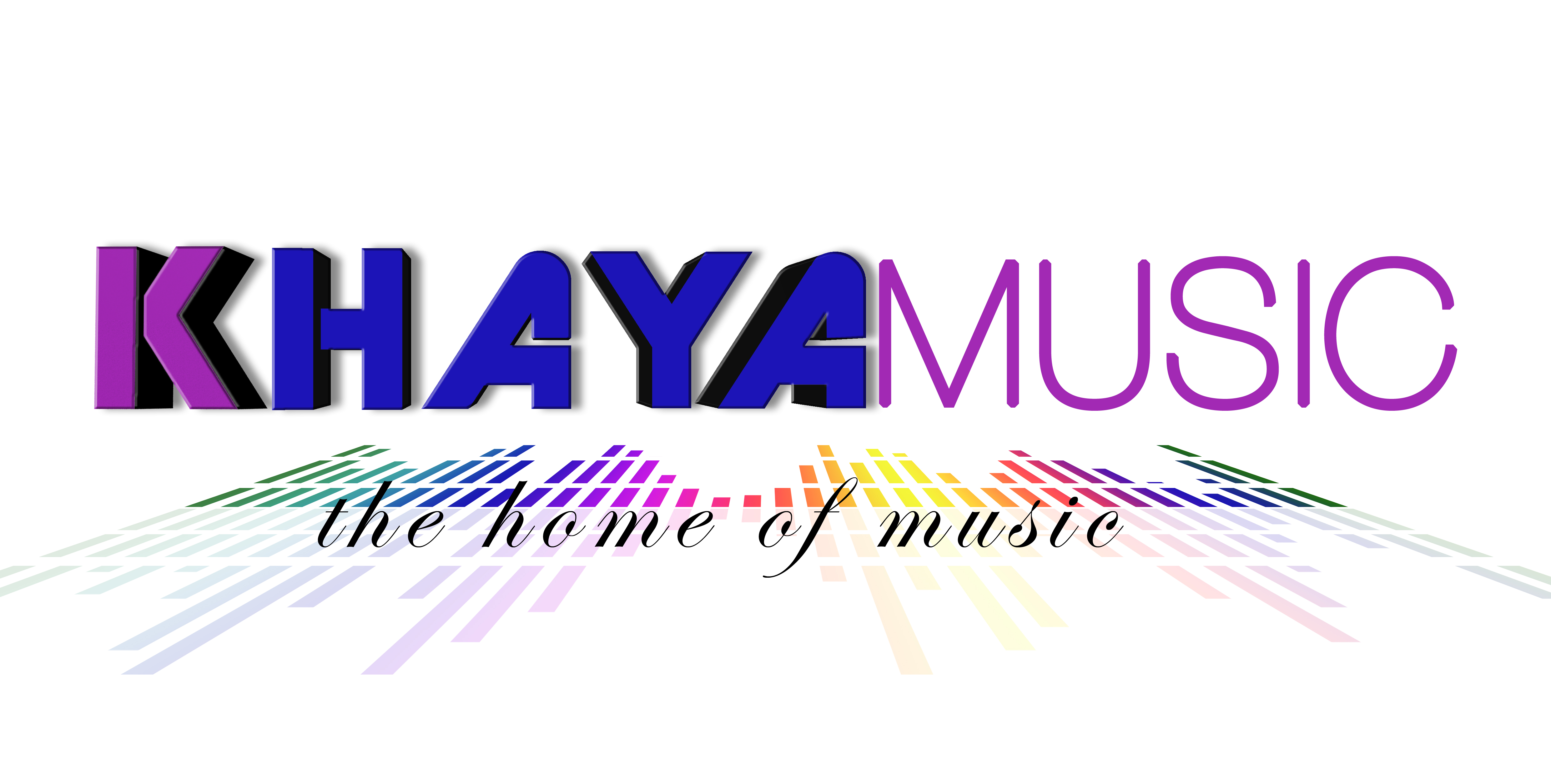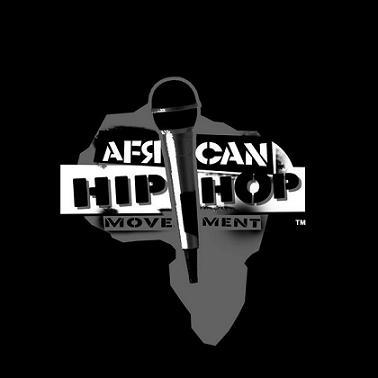Hip hop, which started as a music and a culture in New York in the 1970s was a product of inner city life and has historically been the voice of the Black inner city youth. But it has deep Jamaican and African roots, which can be seen in the rawness of its beats and the rhythm of its lyrics.
Rapping in African music and culture is a tradition that was carried to the new world in the 1400s. History has come full circle, and rap music and hip hop culture are now being re-created by African youth all over the continent, who have taken rap’s current day manifestations and added a new African twist. And just to add to the irony, the word “hip” has been linked to the Wolof word “hepi” or “hipi” which means “to see” or “to open one’s eyes”. Several scholars debate whether the word “hip” is actually derived from Wolof or whether its usage is simply a coincidence.
Hip hop music and culture landed in Africa between the 1980s and early 1990s. Since then, it has spread with the energy and passion of a musical and cultural revolution. The frustration, anger, poverty, joy, and spirit which young African American rappers expressed their opinions transformed the minds of millions of African youth, who related to the messages and stories being told.
The movement to “Africanise” hip hop is a trend that began in the mid to late 1990s. There were a couple of reasons: one, African artistes began feeling the heat from the United States over copyright laws, putting artistes under pressure to begin coming up with their own beats.
Two, in some countries, there seemed to be a backlash from the masses of hip hop fans who felt left out of the new music scene because of the mostly English and French lyrics. This was especially the case in Tanzania, where popular demand prompted radio DJs to only play Tanzanian rap from artistes who performed in Swahili.
Countries which have spawned some of the most interesting and dynamic hip hop scenes and artistes include Ghana, where the highlife music scene has merged with hip hop to create hiplife. In Nigeria, the continent’s largest population has produced a solid Nigerian hip hop scene and a strong Nigerian hip hop diaspora, with U.S. artistes like Young Joc, Chamillionaire and Ne-Yo. Many feel that Senegal – where the youth are representing Africa’s most politically radical voice – ranks number three in the hip hop world
In East Africa, Kenya maintains several major rap “crews”, who are the reigning kings and queens of East Africa’s mainstream rap community. Tanzania, land of ujamaa and Swahili, has gained enormous respect on the international rap scene with its Bongo flava, similarly Uganda’s Lugaflow. And then there’s South Africa, where the infusion of hip hop and struggle is being expressed in the lyrics of the post-apartheid youth in huge communities in both Cape Town and Johannesburg.
Artistes who have developed names and followings beyond the borders of their native countries include Ghana’s Sarkodie, Somalia’s K’Naan, Sudan’s Emmanuel Jal and Chosan in Sierra Leone, all of them giving voices to the struggles and conflicts of their times.
Hip hop is not just a fad for the youth, but also includes 30-something Africans who are making it their professions and who are involved in recording, producing, marketing, and distributing to an increasingly influential and profitable market.
It has yet to be seen the direction hip hop will take Africa’s youth. In most countries, the culture is a mass movement, and as the culture is maturing, so are those involved with it. Many have learned from the mistakes of the American rap scene, others have not.
Even politicians in Africa are paying attention to hip hop. Africa’s less democratic leaders will and do fear the political potential of a youth movement spurred by it, and have tried to censor the more politically charged artistes and marginalise the youth. Others embrace the popularity that can be gained by supporting artistes in their countries, using hip hop’s influence to spread party propaganda and to make sure their messages reach a mass audience.
Source: All Africa

